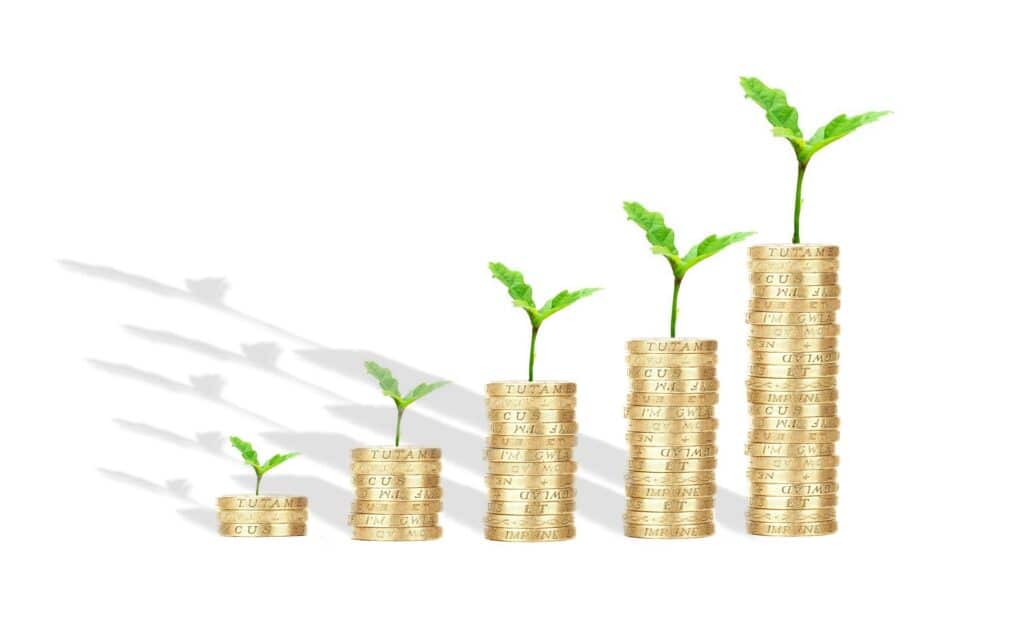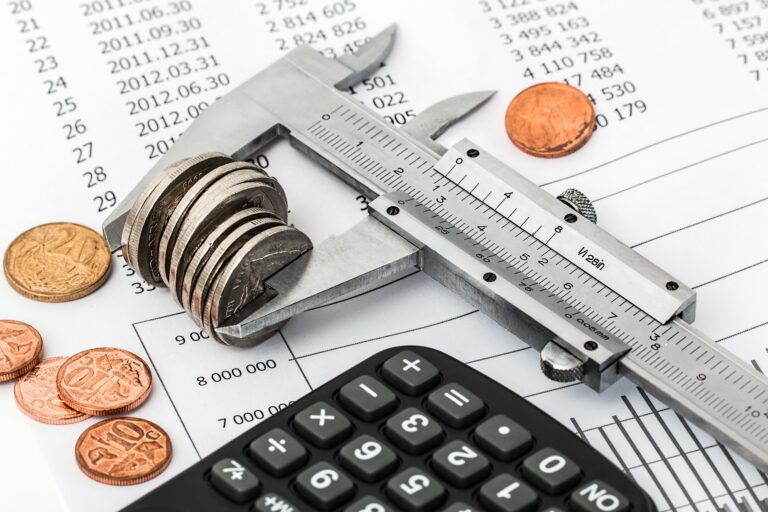
We are living in tough economic times. Money is hard to come by these days. Even big spenders are crying about high inflation rates, taking a pinch on their earnings. This forces low-income earners to seek debt as a means of getting by.
Generally, we all understand debt is bad. It’s something pre-installed in our financial minds. That’s why we often rather struggle than take a long. But we can’t blame each other. Loans these days come with interest rates. You end up paying more than you initially planned for.
What happens when seeking debt is the only way to end your financial crisis? Or, maybe an emergency happened, and you need a quick fix? Living with debt is becoming part and parcel of a young adult life. But, it becomes a real scourge when your income is low. Let’s learn some basic financial skills on handling debt and rising from a debt burden.
Good Debt vs Bad Debt
When approaching debit, a general rule of thumb is to borrow only the money you can handle. Furthermore, there’s more than meets the eye than receiving a debt and paying it back after a certain period.
It’s wise to borrow money to help achieve your life goals, such as finishing college and stopping depending on an essay writing service or purchasing a car for convenience with your transport to work. This is what experts refer to as good debt.
On the other hand, some debts only lead to over-dependence on your income to settle them. These debts are used to spend on recurrent expenditures such as shopping, clothing, birthday parties, or vacations. Mounting up on bad debt only eats into your income and savings while disrupting your financial goals.
Managing Your Debt 101
Do you struggle with debt? Don’t worry! It is a vicious circle that can negatively impact your credit score or ruin relationships with your debtors. Here is a basic breakdown of how to handle your debts and achieve self-sufficiency with your finances:
Stop Taking New Debt
After finding a figure behind your debt situation, you can understand the importance of regulating your debt crisis. Start by not taking on new debt to settle old debt. This is a vicious circle that affects your financial stability.
Moreover, it’s advisable to avoid taking on high-interest loans that only result in higher fees on the initial sum. Avoid opening new credit cards or applying for other loans in emergencies. You might be useful in more debt than anticipated with poor credit ratings to receive bail-out cash from your dire situation.
Calculate the Current Debt Owed
The first step in dealing with your financial crisis is accepting you need help. Experts from our essayusa review reveal that 35% of us are facing a debt burden. Therefore, it is not an individual problem but a collective menace due to the tough economic times.
Hence, start by calculating all the debt you owe. If debts are taking a toll on your income, you might default on some bills. Knowing the entire debt owed might be scary, but it’s the first step toward paying off these debts.
Make a list including all your outstanding credit card statements, IOUs, medical bills, utility bills, or any loan repayment. Afterward, write down the interest rates accrued by these debts while noting any late fees or penalties incurred.
Create a Priority List
The next step is reviewing your lifestyle choices and creating a priority list of needs that need urgent settling. We are talking about food, pending utility bills, and medical bills. For example, working at home immediately pays off your Wi-Fi, electricity, and water bills.
Moreover, it would help if you spent on groceries and other house essentials. You can also prioritize career development, education, and health and wellness.
You can reduce your transport costs by staying mostly in the house. Also, avoid eating out since it only ends up being expensive. Other priorities you can cut down on include recreational activities such as vacations or treats.
Make a Budget
A budget is an essential financial tracking instrument to monitor your spending. Start your budget by listing all sources of income, fixed expenses, and recurring ones. Sources of income could be salary, dividends, interests, or capital gains. On the other hand, fixed expenses include rent, car payments, loan payments, tuition fees, utility bills, and insurance premiums.
Subtract your total income from fixed expenses to know how much money is left to spend on variable expenses, including clothing, self-care, entertainment, and debt.
Look for Ways to Earn More
Instead of living paycheck to paycheck, it is time to expand your income base to afford more and settle more debt. This is possible by looking for other side hustles to bring more money to your main hustle. One way of achieving this is by learning a valuable skill or using your talents to diversify your income.
Create passive income streams to increase your cash flow. Alternative ways to achieve this is by investing in the stock market to earn revenue. Or, you can start a blog that consistently generates content about your favorite niches.
Furthermore, you can learn new skills such as coding or programming to find side jobs that guarantee consistent income to settle your debts.
Learn From Mistakes
The debt repayment process is a long journey full of pitfalls. However, it provides a learning curve to learn from past mistakes while improving your money management. Don’t fall for ‘get rich’ scams such as investing in crypto that promise exceptionally high returns in a short period.
These scams appeal to individuals who seek fast wealth without putting in the time, effort, and hard work to grow their income. These are fake claims by scammers looking for unaware victims. Remember, building your income is a long-term process without any shortcuts.
Bottom Line
Debt is a growing concern for low-income earners. Most people suffer from tough economic times that force them into bad debt. However, it’s possible to escape your situation and achieve financial freedom. Try incorporating these methods to solve your debt crisis.


